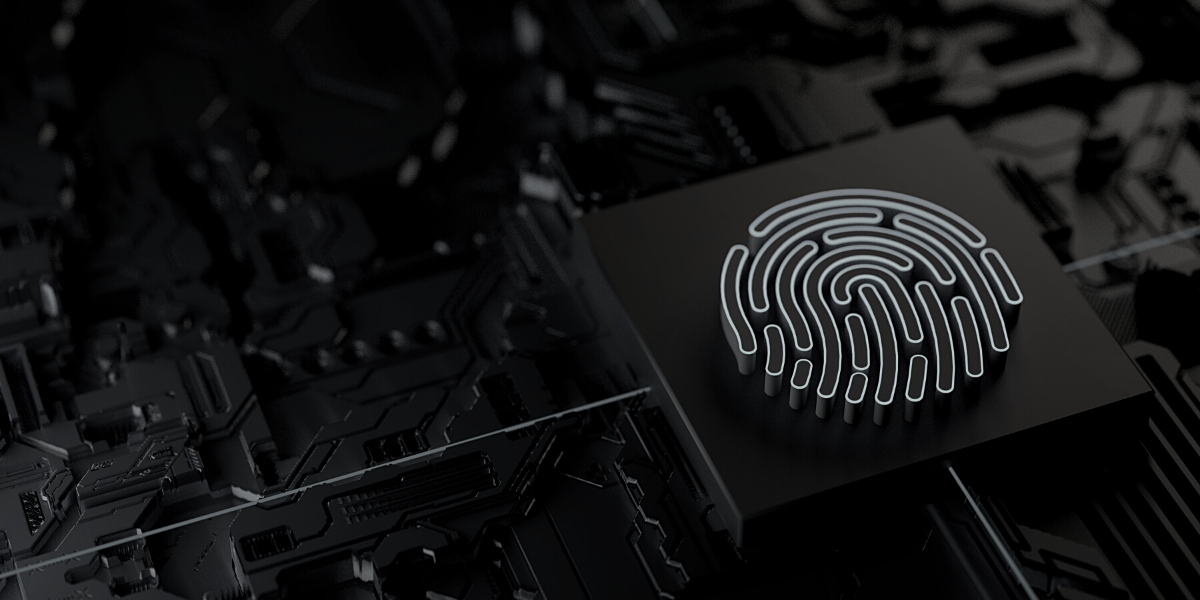Why a Tech Agnostic Cybersecurity Vendor is Critical in 2022

Animal Crossing: New Horizons took the world by storm during the pandemic, selling more than 13 million copies in just six weeks. The game was splashed across the news, captivating users stuck at home with limited entertainment options. Nintendo and Nintendo Switch owners welcomed the game’s release, but Xbox users were left out in the cold. In case you’re not a gamer, this is because, unlike Fortnite, which can be played on PCs, PlayStations, Xboxes, Nintendo Switch, and mobile devices, Animal Crossing isn’t console or device agnostic.
When we look at technology companies, they take one of two stances: they either offer tech agnostic solutions or platform-dependent solutions which cause vendor lock-in. There are, of course, some outliers. AirPods can be paired with non-Apple devices, but some features and functions won’t be accessible.
Companies that take a platform-dependent approach prioritize their own business practices above what’s best for clients. When clients want to switch vendors, they find the process too complicated, time-consuming, and cost-prohibitive. When technology advances and clients want to add additional functionality or solutions from new vendors, compatibility issues can stifle them. Essentially, the end-user business is the one that loses out or the one that foots the bill.
With that in mind, it’s critical for any business to clearly and carefully evaluate the products and solutions they choose to use. That decision has never been more essential than when it comes to cybersecurity tools. Businesses that want to maintain proper cybersecurity hygiene must adopt a best-in-breed approach, requiring tech-agnostic solutions.
Considerations for Choosing Tech Agnostic Tools
Hackers continually evolve their attacks and tactics. Businesses’ attack surfaces constantly expand as they introduce new systems and solutions. Maintaining a secure IT environment becomes more challenging as those two situations converge. Security tech stacks, including log reporting systems, need to be flexible and adaptable enough to incorporate and work seamlessly with new, advanced security and point solutions as they enter the market.
On top of ensuring that systems are compatible on a technical level, they need to be easy for businesses to integrate. As SMBs have limited resources, if the demand to integrate all tools in a way that maximizes their benefit is too great, they will end up not doing it and settle for subpar tools instead.
With the vast number of solutions on the market, businesses must dedicate a significant amount of time and resources to evaluating solutions before deciding which ones to adopt. Considerations go beyond just the product cost itself. CISOs or other decision-makers assess the tool’s capabilities, the difficulty level in terms of use, and how often the tool is updated to respond to new threats, among other factors.
Once a decision is taken to bring a new solution into the company, replacing it is a long and arduous process that many high-level executives won’t take lightly. That further demonstrates the need to have tech agnostic solutions that can work with any reporting system or IT solution to maximize the investment.
The Rise of Attacks and What that Means for SMBs’ Security
Cyberattacks are becoming more prevalent and more costly. Consider a few sobering statistics. Research from IBM and the Ponemon Institute’s 2021 Cost of a Data Breach Report, the average cost of a cyber incident for a business with less than 500 employees is $2.98 million. Add to that the fact that last year saw a 424% increase in cyberattacks against small businesses, and the need to have the highest level of protection a company can afford and manage is crystal clear.
With each passing year, attacks are becoming more sophisticated, and new tools are being released to combat them. This underscores the need for companies to keep adding solutions to their tech stack. While taking every tool from the same supplier may seem simpler as they would integrate and function seamlessly, that approach rarely provides the best level of protection for a business – something no company should compromise on.
With 78% of SMBs reporting security as their number one concern, it is of the utmost importance to ensure that each tool does its job to harden their security posture. At the end of the day, tech agnostic solutions will provide the most elasticity for SMBs. If a company chooses only tech agnostic security tools, they will never be forced to use a tool just because it’s compatible with what they have already invested in. Instead, a tech-agnostic approach allows them to cherry-pick the solutions that make the most sense for their business needs and IT environment.
Smaller operating budgets and smaller teams shouldn’t equate to less on the security front. SMBs deserve the same level of protection as enterprises. A tech agnostic platform like CYREBRO puts the power of choice into businesses’ hands. Instead of having a limited pool of tools and suppliers to choose from, CYREBRO works with any solution, increasing accessibility for businesses and allowing them to approach security without as many restrictions.
A Final Thought
The pandemic dramatically changed the way companies work, and many appear as though they will continue to employ dispersed teams to attract the best talent even after the virus subsides. With work from home becoming standard and the rising demand for ease of use when dealing with multiple security tools, adopting tech agnostic solutions that will integrate all existing and new tools is an absolute necessity as we plow through 2022 and beyond.


